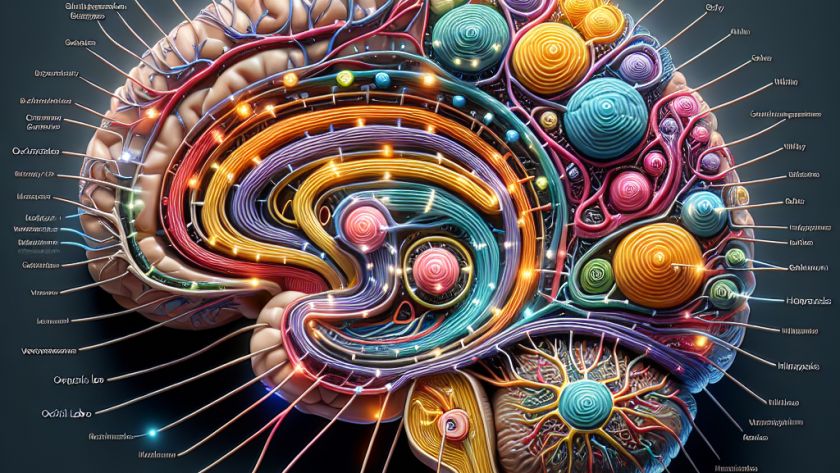MIT neuroscientists have used an artificial language network to determine the type of sentences that stimulate the brain's key language-processing centers most. The research revealed that complex sentences, whether due to unusual grammar or unexpected meaning, generated stronger responses in these centers. Straightforward sentences barely engaged these regions and nonsensical sequences of words yielded little…


